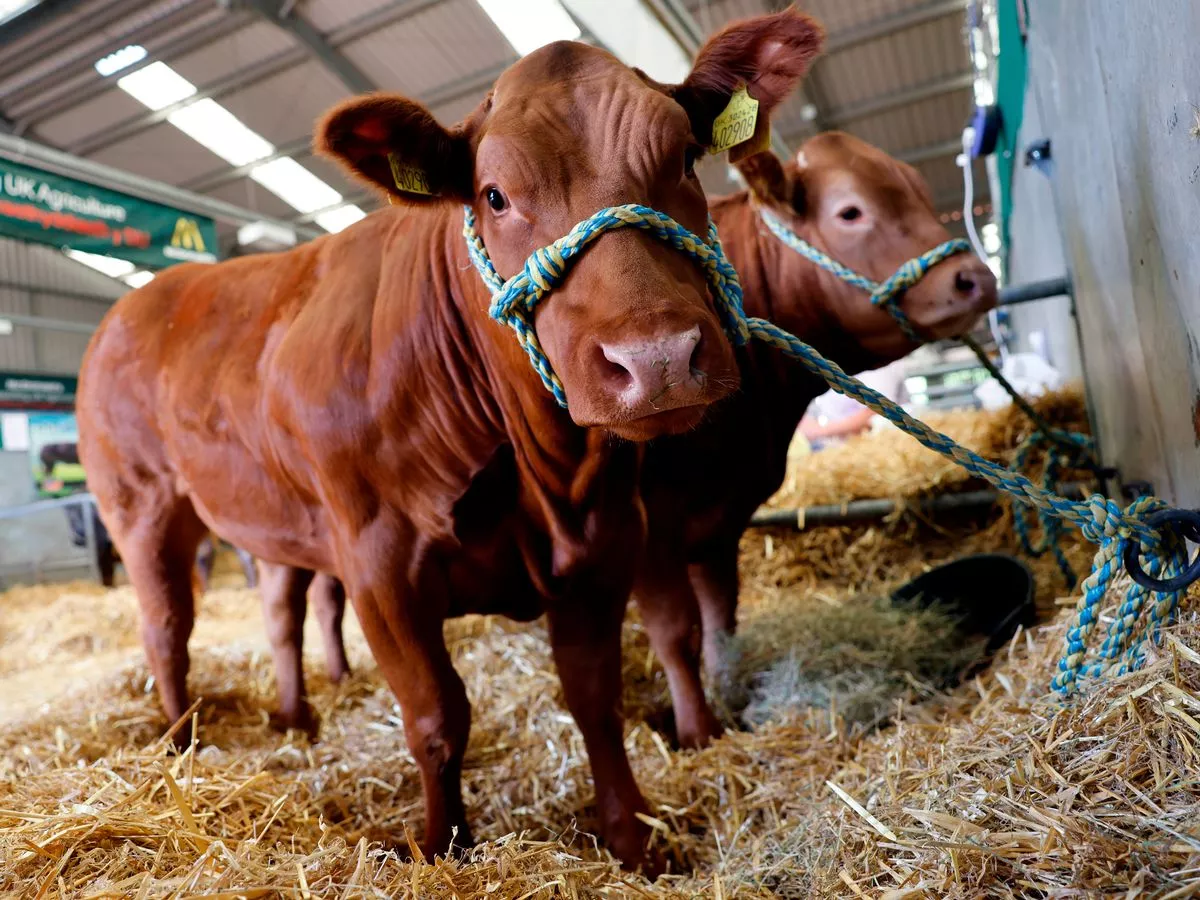By Ellie Gosley
Copyright walesonline

A control zone has been placed around a farm in south Wales after following a confirmed case of the deadly livestock virus bluetongue . Wales’ chief vet officer confirmed on Friday (September 26) that a cow had tested positive for bluetongue at a farm near Chepstow in Monmouthshire . Three other cases of the virus were also identified at two premises in Powys, one near Llangammarch Wells and one near Gladestry, on Tuesday, the Welsh Government confirmed. The cattle that have tested positive will be culled in line with the bluetongue virus disease control strategy. Bluetongue, also known at BTV-3, was was “actively circulating” on the farm in Chepstow and a control zone has been put in place “to help prevent the spread of disease by livestock movements”. The control zone stretches west towards Newport and north towards Monmouth. The affected farm is also under restrictions, the update from the Welsh Government added The four cases identified within the last week are the first cases of the virus to be identified in Wales in almost a year. Deputy first minister and rural affairs secretary Huw Irranca-Davies said: “Welsh Government and industry have cooperated throughout this year to keep Bluetongue out of Wales for as long as possible.” “Our success to this point has been crucial in buying our farmers the time they needed to vaccinate their animals and prepare for Bluetongue.” Animal keepers are being urged to vaccinate their cattle if they haven’t already. Earlier this year, the Royal Welsh Show banned livestock from England from the event to try and stop the spread of the virus. Bluetongue is a viral disease which is spread by biting midges, and affects sheep, cattle, goats and deer, llama and alpaca. Rarely, it can affect dogs and other carnivores but it does not affect humans and poses no risk to public health or food safety. Richard Irvine, Wales’ chief veterinary officer, said “We have put in place this temporary control zone to help prevent the spread of Bluetongue in Wales. This is because we have clear evidence of active midge-borne transmission of BTV-3 infection following further investigations at the affected farm near Chepstow, Monmouthshire. “I urge animal keepers to continue to be vigilant for the signs of the disease, source stock responsibly and report any suspect cases to the APHA immediately. “Vaccination is the best way to protect livestock and livelihoods from the worst impacts of this potentially devastating disease. If you’re an animal keeper I would urge you to discuss Bluetongue vaccination with your vet now.”



